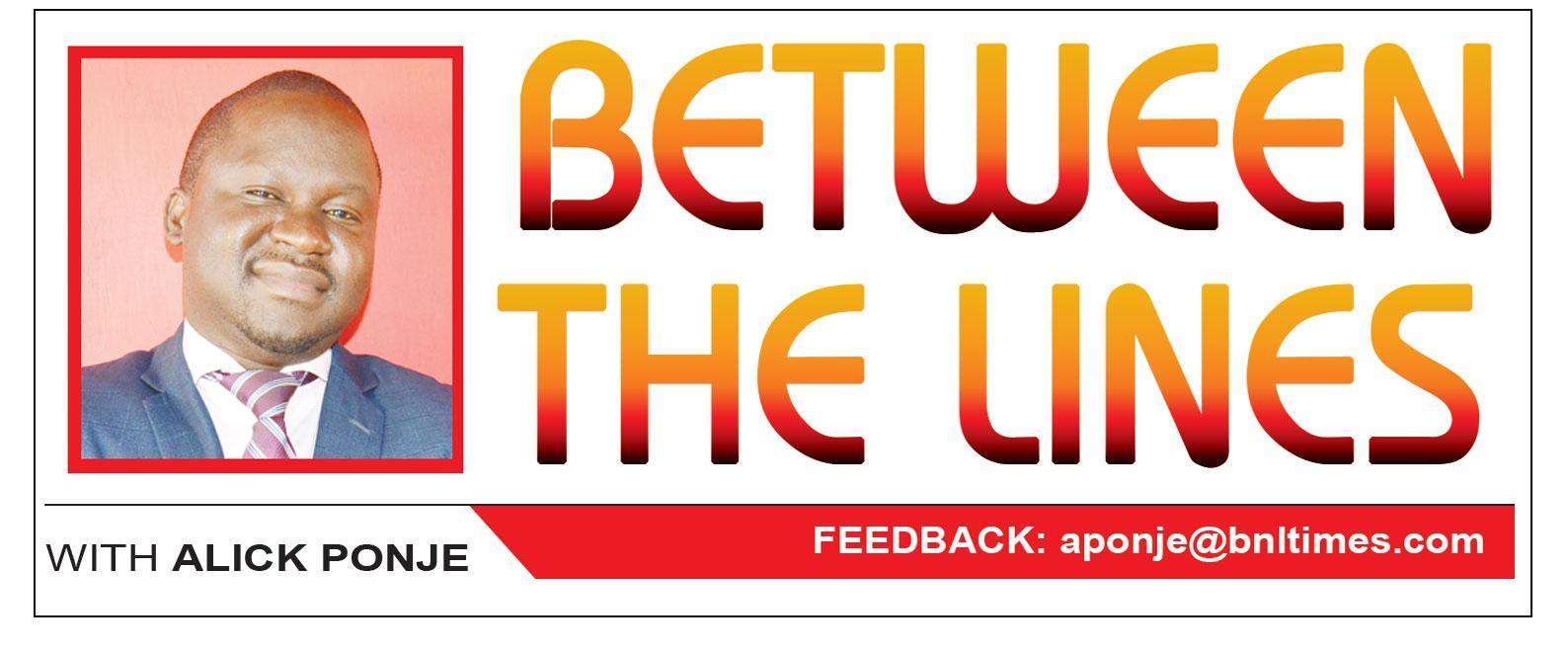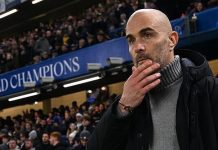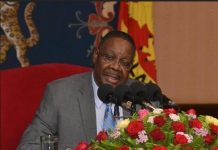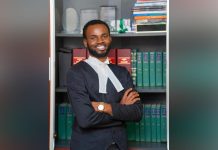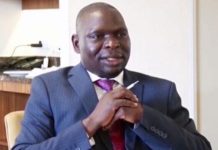Africa-Press – Malawi. For some of us, it was expected that the State would withdraw the charges it had levelled against some individuals arrested for allegedly disrupting the convoy of President Lazarus Chakwera who was travelling to Chileka International Airport to catch a plane to the Democratic Republic of Congo (DRC).
The incident happened around HHI in Blantyre where a funeral procession was on the way to the cemetery. In a very shocking scenario, the mourners blocked the convoy and made the President wait while one or more of the people reportedly pelted the convoy with stones.
The incident also laid bare deficiencies that might be there within the country’s intelligence system. A president’s trip or event is a high-profile thing where intelligence must be top-notch. You don’t send a president to a place where you know he will come face to face with a funeral procession.
There were several ways a functioning intelligence system should have avoided the embarrassment. It was possible to stop the procession before it proceeded into the highway which Chakwera’s motorcade would pass through.
In terms of security, that is a viable option, because rules that guide a president’s movement must sanction that. At no cost should a president’s security be compromised. It does not matter whether he is passing through an area where his popularity is waning.
It was also possible to delay the convoy’s departure a little bit so that is movement should not coincide with a funeral procession. It was unlikely that the President would miss his flight, even if he was travelling to DRC—to attend the inauguration of that country’s president Felix Tshisekedi and hold one-on-one talks with him—on a commercial flight.
He is not some normal travellers who can be left behind by any airline which is determined to get more business from government and raise its ratings. He is the President and not much can really be done if he delays a plane a little bit.
The other public relations action the intelligence team should have done was to let the President stop near the mourners, walk with them and give them some money as a condolence. All that did not happen and the convoy was disrupted and a lot of political innuendos continue being attached to the unfortunate incident.
However, what has now stirred controversy is the decision by the Director of Public Prosecutions (DPP) to withdraw the charges the State levelled against some individuals accused of participating in the disrupting of the convoy.
While no clear reasons have been provided for the decision, you cannot completely rule out politics. Of course, it is possible that the people who got arrested never participated in the alleged crime at all, but, in any case, their arrest could have led to those who really did.
In fact, even the police prosecutor told the court that the law enforcers were having problems to arrest more people connected to the case because resident of Ndirande, where funeral procession originated, were being hostile.
This implies that the police expected to make more arrests in the case, perhaps, until they were informed that the top prosecutor, on whose behalf they were handling the case, had discontinued it.
The truth is that the decision to withdraw the case was not arrived at by DPP Masauko Chamkakala. He just received instructions largely based on politics and could not argue any further.
The decision was made for political pragmatism. There must have been regrets that the case even rolled, even that someone was arrested over it in the first place.
But, in normal situations, those who blocked the President’s convoy were supposed to face the long arm of the law just like did others who committed similar offences in the past.
The danger with sacrificing the rule of law at the altar of politics is that you risk promoting a society that feels there is nothing wrong with blocking a presidential motorcade as long as you are on a funeral procession.
Of course, many political decisions which are against the law will continue being made ahead of next year’s election. Now questions are being raised on whether the rule of law should continue having exceptions.
If someone can pelt a president’s convoy with stones and go scot-free, what value is there in preaching that there is no compromise for breaking the law?
Chakwera might have made some “friends” over the decision to withdraw the case, but there are implications which may rear their ugly heads not long from now.
For More News And Analysis About Malawi Follow Africa-Press

